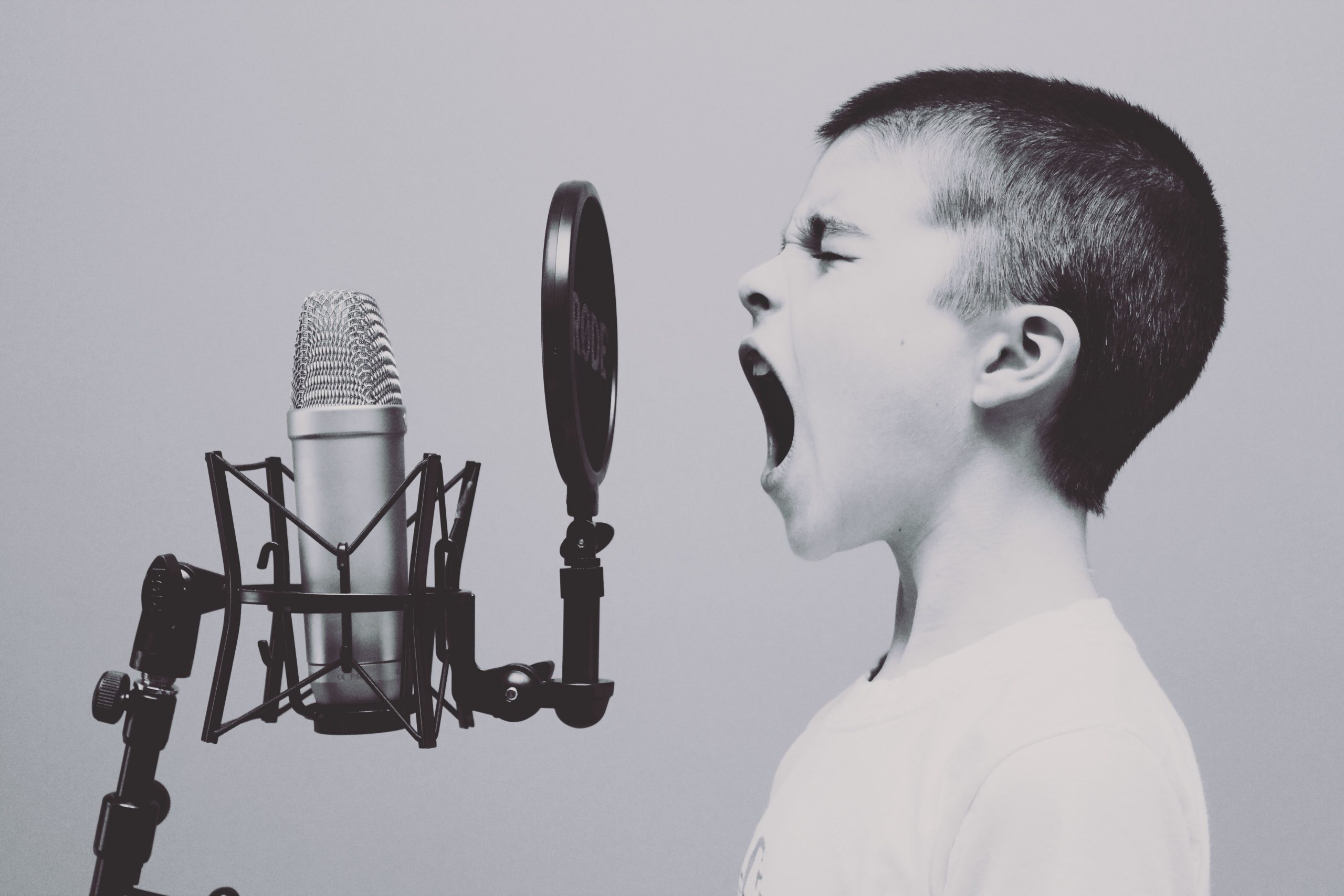You should bear the following in mind regarding volume limits when choosing your event location
The really large, frequently booked event locations are usually well-prepared in terms of volume control. However, events often take place at hip, unusual venues or relatively small locations (i.e., Christmas parties) As an event DJ, I have often encountered strange volume regulations which can quickly bring an event and a successful party to an early end.
Here are my top 5 tips on the subject of volume and event location or event planning:
1. Clearly query restrictions
At the beginning, clarify with the event location whether there are any time or other restrictions regarding the volume and the party. Even if it may seem petty, have these written in the contract so there are no disagreements about the details later.2. Have the DJ check the sound technology on site
Event venues often want to oblige tenants to use the on-site technology. Even if it sounds tempting and practical, following the motto "We can immediately tick the equipment off our list," from an event DJ's point of view, it is a somewhat questionable stipulation. It means the least effort for the venue operator, but that doesn't guarantee a good sound that does the party justice. I have experienced dreadful, sometimes ancient sound systems that rattle, crunch, and crackle - that's not the sound you want for your guests as an event planner and host. But in principle, existing sound technology is not a negative indicator. In this case, it is best to obtain a list from the event location operator with the specifications of the sound technology and have it checked by an event DJ.

